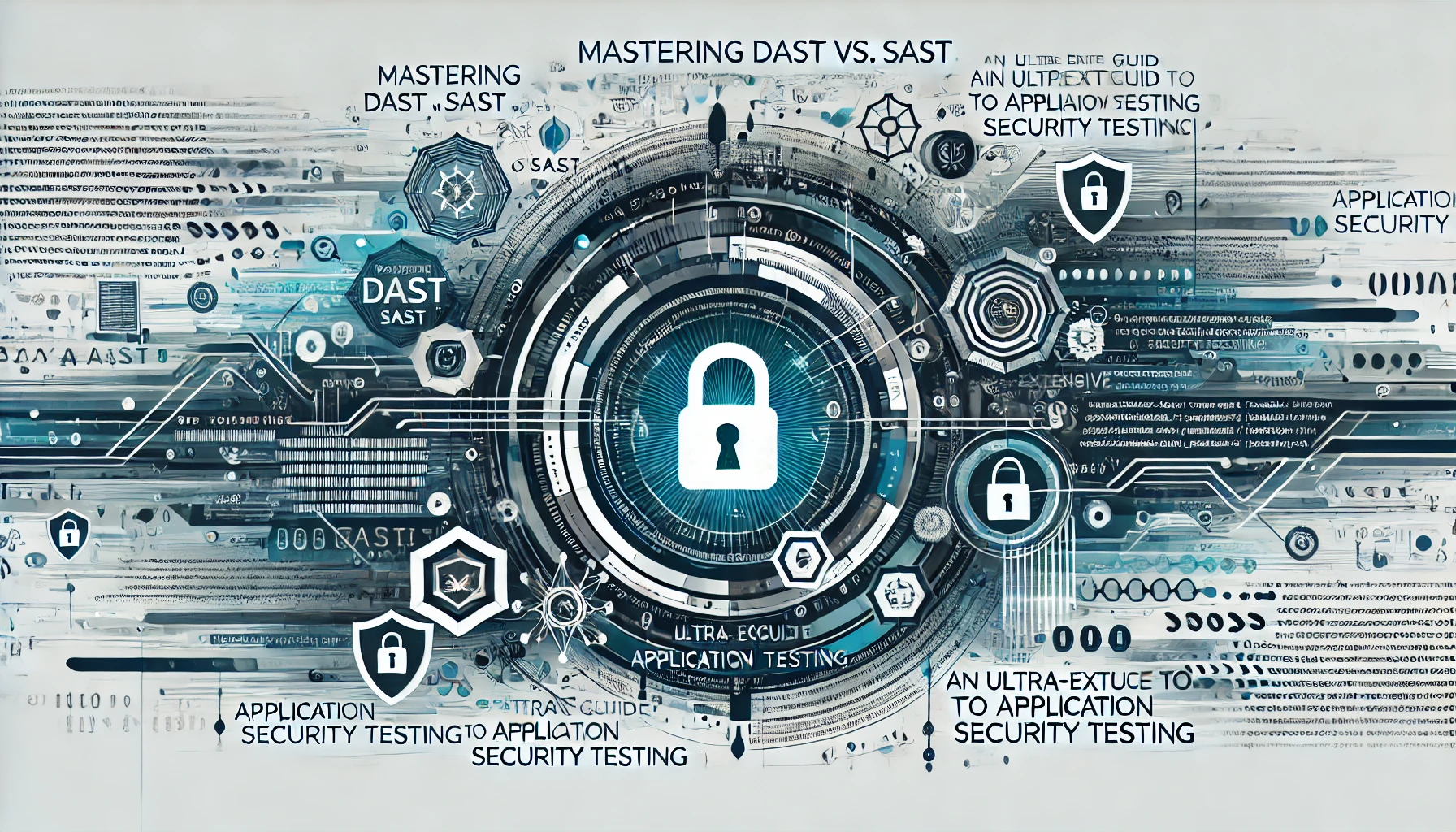Introduction
Artificial Intelligence (AI) is increasingly becoming a pivotal tool in cybersecurity. With the growing complexity and volume of cyber threats, traditional methods are often insufficient to ensure robust security. AI, with its ability to learn and adapt, offers promising solutions to tackle these evolving challenges.
How AI Enhances Cybersecurity
AI enhances cybersecurity in various ways:
- Predictive Capabilities: AI algorithms can analyze patterns and predict future potential threats before they occur. This proactive approach helps organizations mitigate risks early.
- Automated Response: AI can automate responses to detected threats, reducing the time between threat detection and response, which is crucial in minimizing potential damage.
- Threat Hunting: AI can sift through vast amounts of data to identify threats, something that would be time-consuming and inefficient for human analysts.
AI in Action: Use Cases
AI has been successfully deployed in various cybersecurity applications:
- Phishing Detection: AI can analyze thousands of emails to detect phishing attempts that might evade traditional detection systems.
- Malware Detection: Machine learning algorithms can analyze patterns in malware behavior, helping to detect and prevent new malware attacks.
Challenges and Considerations
While AI offers many benefits, it is not without its challenges. AI systems require vast amounts of data to learn effectively. Privacy concerns can arise when collecting this data. Additionally, threat actors can use AI to launch sophisticated attacks, creating a sort of ‘arms race’ between defenders and attackers.
Conclusion
AI is a powerful tool in the cybersecurity toolkit, but it is not a silver bullet. It is part of a broader strategy that should include human expertise, robust processes, and a strong security culture. As we move into the future, the role of AI in cybersecurity will only grow, making it an essential area of focus for any organization.







